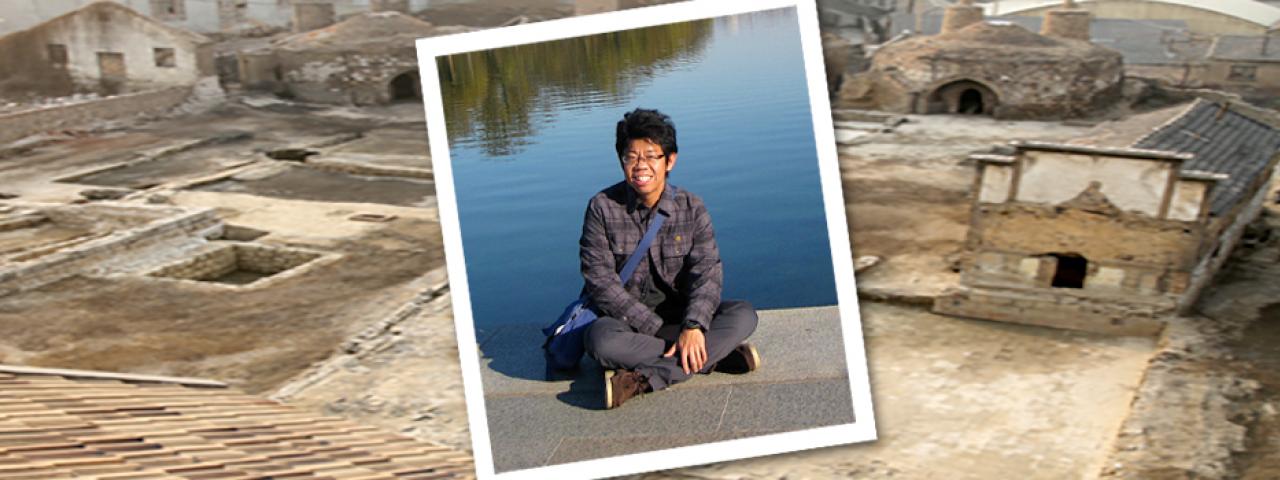Preserving Chinese Cultural Heritage

Since the first series of excavations back in 1928, archaeology has become an important and growing field within China as it aids in establishing a sense of national identity. In his lecture, Dr. Wei Qiaowei, Associate Professor at the Department of History, Shanghai University, addressed a major issue in contemporary Chinese archaeology: its focus on “national heritage” – and relative lack of interest on “local heritage.”
Faced with the discovery of thousands of archaeological sites each year, the Chinese central government is only able to sponsor the most prestigious excavation projects. On the one hand, this mode of state archaeology has become valuable and increased the quality of research and excavations. On the other, it has bolstered a sense of national identity among the Chinese population. However, due to its focus on major projects of national significance, less spectacular local sites usually are of little interest to the authorities. In contrast to the most prolific finds, such minor projects can rarely help to improve local and regional economic development.
Wei discussed his experience with a joint excavation and conservation project by state archaeologists and local agents for an ancient (Qing dynasty) kiln site at Zichuan, Shandong province. He stated that because this particular find was not considered as significant to the nation as a whole, it received no government funding. Instead, the excavation and construction of a museum are being funded by one of the wealthy locals, who wants to preserve the history of this area. Through the aid of local residents and the local administration, the archaeological site is in the process of being reconstructed. The plans for the future are that a main museum as well as several smaller branches will introduce various aspects of ancient porcelain production to visitors.
Wei emphasized that these archaeological sites potentially are of great economic value to local areas. Upon completion of the project, the museum will employ members of the local population, but it is also hoped that smaller businesses will develop in the wake of visitor crowds. All of this is supposed to work because the site maintains an authentic sense of local heritage and strong personal connections to the local populace. In this vein Wei claimed that local historical sites and private regional museums are just as critical in preserving Chinese cultural heritage as state-funded archaeological sites.
(Text by: Leidy T.)



 沪公网安备31011502017015号
沪公网安备31011502017015号